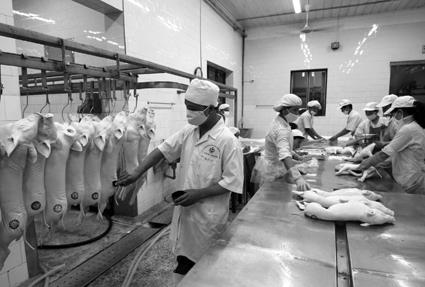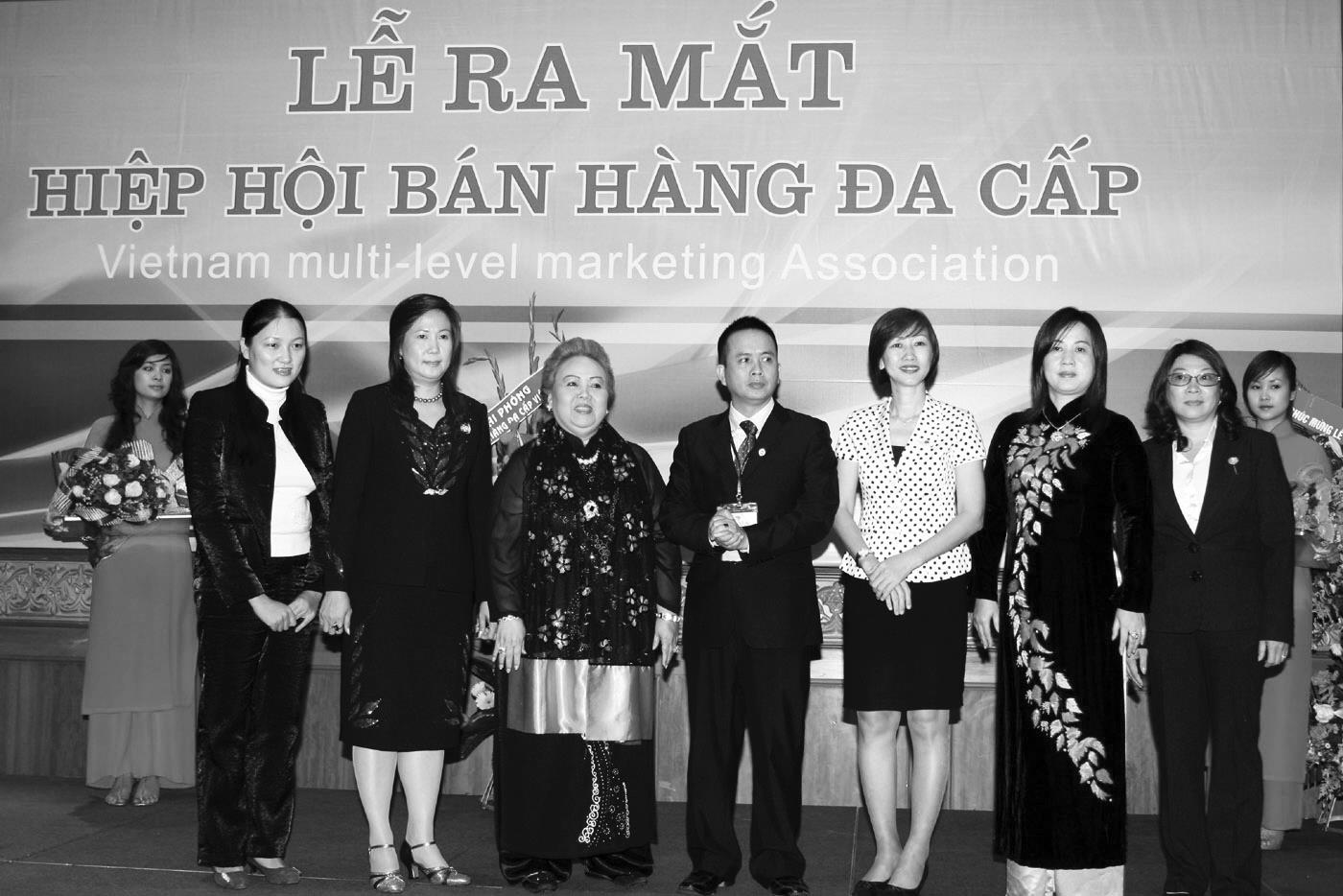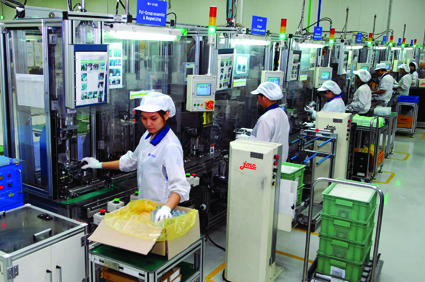Trans-Pacific Partnership (TPP) negotiations are drawing close to conclusion with the ultimate goal of comprehensive liberation of trade in goods, totally freeing goods and products, including cigarettes and tobacco products, from import duty.
This will somehow run counter to Vietnam’s tobacco harm prevention and control policies, especially the policy aimed at reducing tobacco product supply and demand sources, as specified in Clause 1, Article 3 of the Law on Tobacco Harm Prevention and Control (effective as of May 1, 2013), as it is likely to lead to a surge in tobacco product imports and the number of smokers in the country and open the domestic market to transnational tobacco corporations.
In a letter from 12 senators and 66 representatives to US President Barack Obama and Ambassador Froman of the Office of the United States Trade Representative (USTR) on October 30 and November 12, 2013, these congresspersons expressed their concern about TPP’s impacts on Vietnam’s tobacco control policy as it is a developing country with a low percentage of female smokers and is still vulnerable to western-style cigarette marketing by transnational tobacco corporations.
If Vietnam continues its efforts to enhance tobacco harm and smoking control for community health, it would face lawsuits initiated by tobacco corporations based on TPP’s commercial terms, unless the TPP Agreement contains provisions protecting member states from such lawsuits.
According to TPP negotiators, to fight human diseases and deaths caused by tobacco products globally and protect community health, Vietnam should work with TPP negotiation parties in considering the elimination of tobacco from TPP negotiations (as proposed by Malaysia) and propose inclusion of appropriate provisions with a view to protecting community health, enhancing public health care, and helping TPP members fully enforce legal regulations to strictly control tobacco.-





